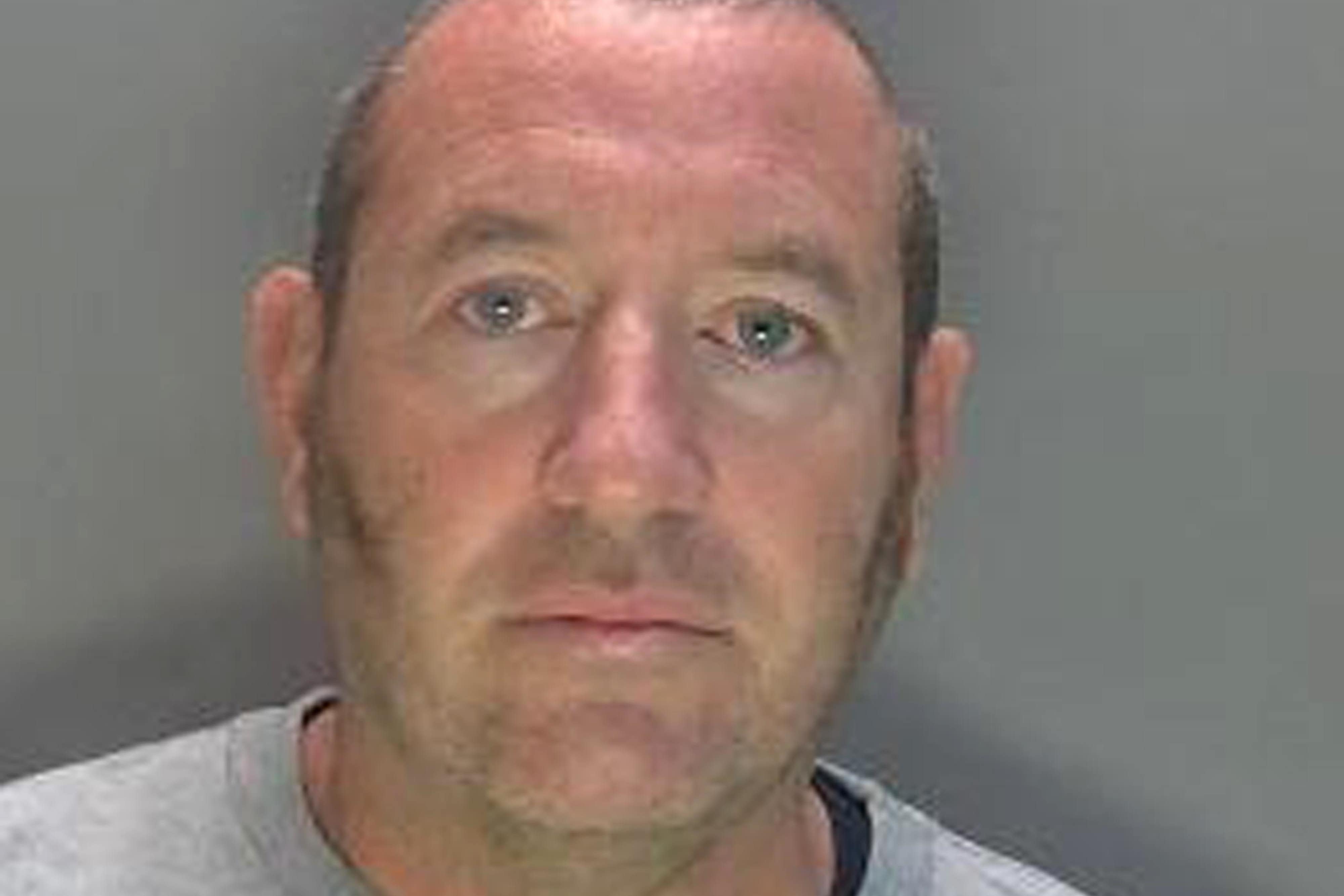Police were warned about predatory behaviour by officers before David Carrick case, watchdog says
Previous probes warned that it was ‘too easy’ for domestic abusers to join - and remain in - the police
Your support helps us to tell the story
From reproductive rights to climate change to Big Tech, The Independent is on the ground when the story is developing. Whether it's investigating the financials of Elon Musk's pro-Trump PAC or producing our latest documentary, 'The A Word', which shines a light on the American women fighting for reproductive rights, we know how important it is to parse out the facts from the messaging.
At such a critical moment in US history, we need reporters on the ground. Your donation allows us to keep sending journalists to speak to both sides of the story.
The Independent is trusted by Americans across the entire political spectrum. And unlike many other quality news outlets, we choose not to lock Americans out of our reporting and analysis with paywalls. We believe quality journalism should be available to everyone, paid for by those who can afford it.
Your support makes all the difference.Police have “not done enough” to act on warnings over failings in the vetting and monitoring of officers, a watchdog has warned.
Revelations that serial rapist David Carrick was able to serve in the Metropolitan Police despite numerous reports of domestic abuse have sparked demands for urgent change.
He was allowed to join Britain’s largest force the year after it investigated him for harassing a former partner, and was not re-vetted for 16 years, when he passed the checks yet again.
Andy Cooke, HM Chief Inspector of Constabulary, said that in November his watchdog published a report finding that it was “too easy for the wrong people to join and stay in the police”.
“Despite repeated warnings – including several from us – not enough has been done to improve standards and stamp out misogyny and predatory behaviour in policing,” he added. “It is vital that the police act on our recommendations. They simply cannot afford to wait any longer.”
The inspection found that domestic abusers, alleged rapists and men who posed a risk to the public had been allowed to join forces, and to transfer between them even when there was a history of complaints and misconduct allegations.
It concluded that a “culture of misogyny, sexism and predatory behaviour” remained prevalent and was damaging the response to women’s complaints against police officers.
The Metropolitan Police has defended its failure to sack Carrick following nine incidents over two decades by saying the move was because there was “no criminal allegation” or no prosecution, but HMIC said such an approach was “simply wrong”.

In a separate report published in June 2022 in response to a “super complaint” by a legal group, three police bodies warned that police officers accused of domestic abuse were going unpunished and being allowed to remain in their jobs, leaving victims and the public at risk.
Foreshadowing the horrific revelations about the missed opportunities to stop Carrick’s campaign of rape and abuse, the report said: “There is a potential for accused police workforce members to abuse their position, knowledge and powers to harm their victim or others.
“There is also a substantial risk to public trust and confidence in policing if police workforce members accused of crime are not robustly investigated.”
Only 9 per cent of the recorded police-perpetrated domestic abuse offences examined resulted in a charge in the period covered, while “very few” saw officers subjected to misconduct proceedings and considered for dismissal.
While the government has commissioned a review of disciplinary processes, the super-complaint found that existing requirements were not being followed where police already have the power to bring misconduct proceedings against domestic abusers.
The Centre for Women’s Justice, which submitted the complaint three years ago, said Carrick was not an outlier but a “case illustration of everything that is wrong with the policing of male violence against women”.

Director Harriet Wistrich added: “The failure to suspend Carrick from duty or investigate him for misconduct following reports by women, and the threats Carrick made that they would not be believed because he is a police officer, precisely mirror issues we identified in the super-complaint on police perpetrated domestic abuse.
“The revelations of misogyny and serious criminality against women by police officers are frighteningly commonplace.”
On Tuesday, the home secretary announced a review of disciplinary processes, telling parliament they currently “take too long” and adding: “Bureaucracy and process appear to have prevailed over ethics and common sense.”
Suella Braverman also announced that Carrick’s case would be covered by the ongoing public inquiry by Lady Elish Angiolini into police vetting and culture, which was triggered after the murder of Sarah Everard.
Responding to the statement, Home Affairs Committee chair Dame Diana Johnson said the same problems had been raised “again and again”.
“Why do we need a review when it is quite clear what needs to be done?” she asked. “We do not need another review; we just need action.”
The chair of the National Police Chiefs' Council, Martin Hewitt, said he was “ashamed and disgusted” by Carrick’s crimes and urged police officers and staff to report and conerns about colleagues.
“There is extensive action taking place across policing to root out corrupt or criminal individuals, including proactive investigations, changes to vetting and misconduct processes,” he added.



Join our commenting forum
Join thought-provoking conversations, follow other Independent readers and see their replies
Comments